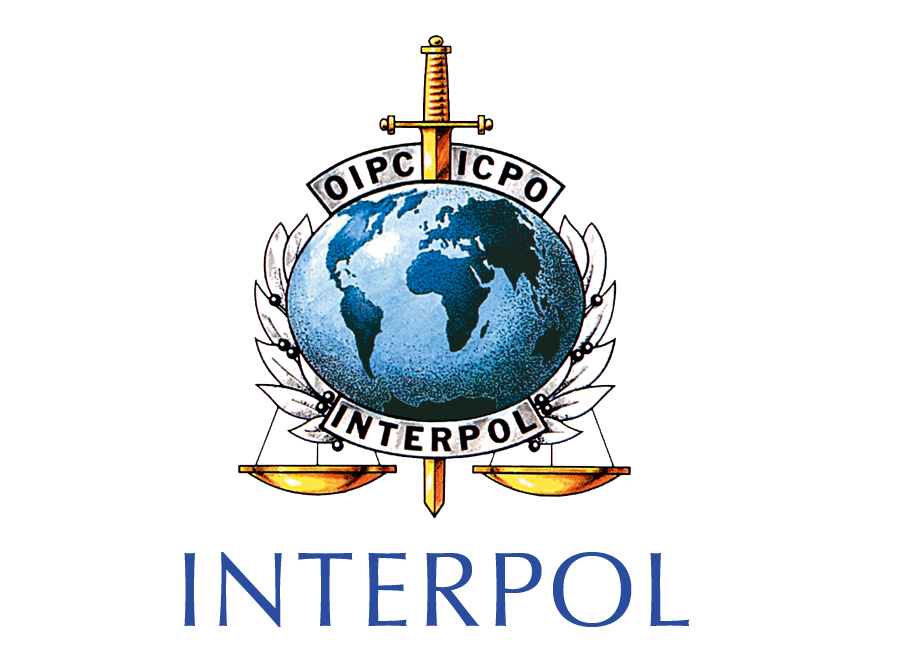Strengthening border security networks to prevent the movement of criminals and terror suspects was the focus of an Interpol-led operation at main transit hubs within the Association of Southeast Asian Nations (ASEAN).
Undertaken at international airports in Bangkok, Hanoi and Jakarta, Operation Red Lotus sought to build closer collaboration between immigration and police agencies by using Interpol’s global policing capabilities to carry out enhanced passenger screening.
Some 3.5 million passenger checks were conducted during the operation, resulting in more than 70 potential threats identified following ‘hits’ against Interpol’s stolen and lost travel documents database. These saw the arrest by Thai authorities of a Chinese citizen traveling on a forged Malaysian passport allegedly bought on the Internet.

Further investigative leads were also generated in a number of cases – including on two internationally wanted people targeted by Red Notices in connection with drugs and fraud charges.
A three-year initiative funded by the European Union and implemented by Interpol in ASEAN member states, Operation Red Lotus falls under the EU-ASEAN Migration and Border Management Programme II. This initiative provides police and immigration officials in the region with the policing capabilities to better manage the movement of people across borders.
“The European Union has been supporting border management reforms in the ASEAN region since 2009 and we are pleased that our joint efforts have brought yet again successful and practical results,” said the EU’s Ambassador to ASEAN, Francisco Fontan.
Michael O’Connell, Interpol’s Director of Operational Support and Analysis, said: “Operation Red Lotus demonstrates the value of extending Interpol’s global policing capabilities to law enforcement officers on the frontlines so as to thwart the movement of potentially dangerous individuals, including terrorists. It underlines how internal and international security depends on strong measures at border points to protect our communities from harm.”
Alif Suadi, Head of the Immigration Office at Jakarta International Airport, underlined the role of training in helping to improve border security, with more than 150 officers trained by Interpol and National Central Bureau officials prior to the operation on the use of its global policing capabilities. These include its international alert Notices system, global databases, and I-24/7 secure police communications systems.

Comments are closed.